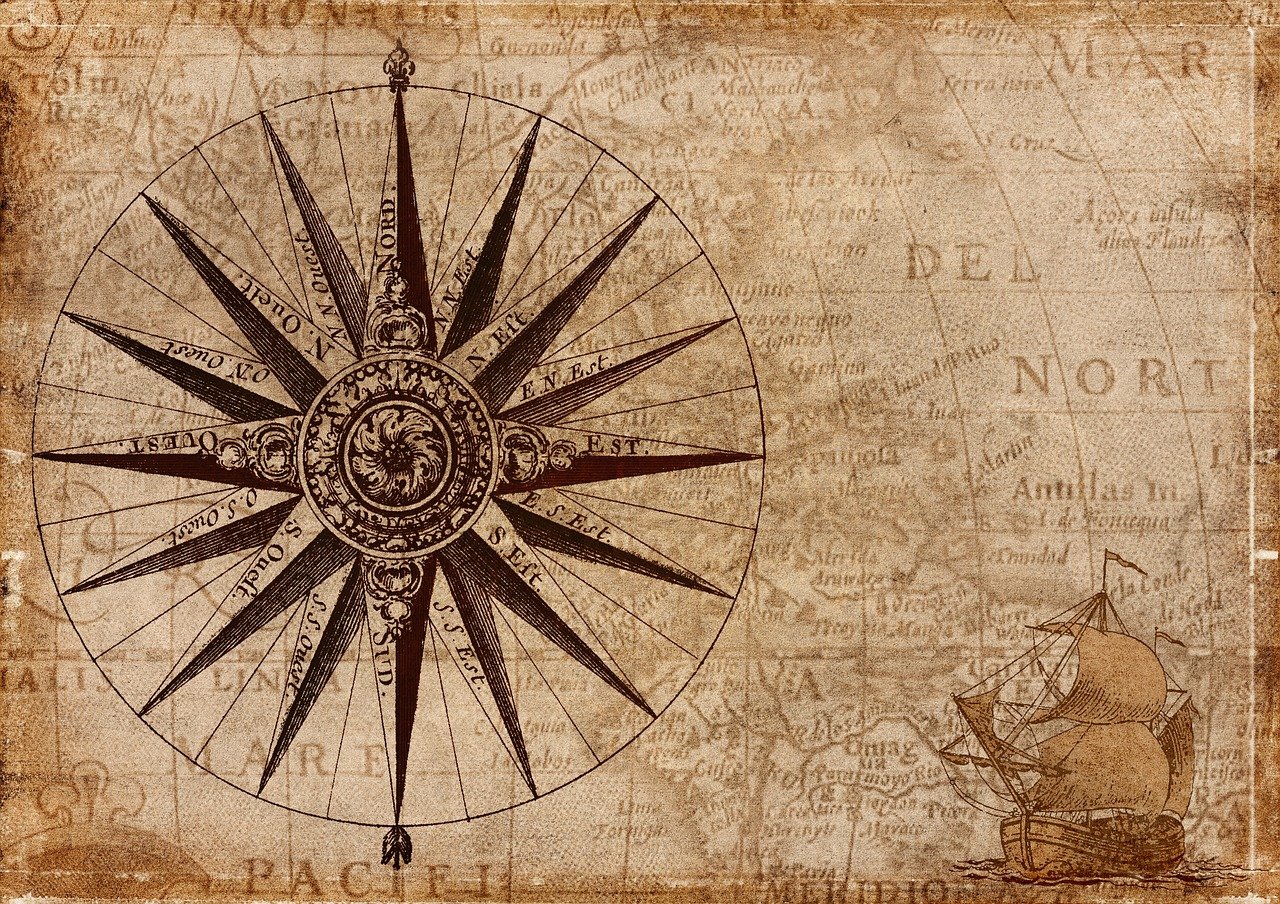Michel Foucault (1926-1984)
Michel Foucault (1926-1984) was one of the most influential and complex thinkers of the 20th century, whose works spanned various disciplines such as philosophy, history, sociology, and political theory. Foucault’s intellectual legacy is largely centered around his analysis of power, knowledge, and social institutions. He challenged conventional understandings of history and the human sciences, offering new ways to interpret how societies are organized and how individuals are governed. His inquiries into prisons, psychiatry, sexuality, and the structure of power still resonate strongly in contemporary philosophical and political debates.
In this introduction, we will explore some of the key themes in Foucault’s thought, the nature of his historical methodology, and his profound influence on critical theory and social thought.
Table of Contents
Power, Knowledge, and Discourse
At the heart of Foucault’s philosophical project is his analysis of the relationship between power and knowledge. Foucault argued that knowledge is not neutral or objective but deeply intertwined with systems of power. He posited that what societies accept as “truth” is not simply a reflection of reality but the product of historical and cultural forces that are shaped by power dynamics.
According to Foucault, institutions like schools, prisons, hospitals, and even the family play a central role in producing and reinforcing knowledge. They operate as mechanisms of control, defining what is considered normal or abnormal, healthy or sick, moral or immoral. His theory of power/knowledge illustrates how power is not just coercive but productive; it generates ideas, norms, and behaviors that shape individuals’ identities and subjectivities.
Discourse, in Foucault’s view, is a key mechanism by which power operates. Discourse refers to the ways in which knowledge is structured, communicated, and legitimized through language and practices. For Foucault, discourses are not mere reflections of reality but constitutive of it; they create the objects and subjects they speak of. For instance, Foucault’s analysis of the development of modern sexuality, particularly in his seminal work The History of Sexuality, demonstrates how discourses around sex were historically constructed to regulate individuals and populations.
Genealogy and Archaeology
Foucault’s unique approach to history distinguishes him from many other philosophers. Rather than searching for universal truths or grand narratives of progress, Foucault sought to uncover the contingent, often discontinuous processes that have shaped institutions, ideas, and practices over time. He employed two specific methods to do so: archaeology and genealogy.
Archaeology, a method Foucault used in his earlier works like The Archaeology of Knowledge (1969), involves examining the historical conditions that allow certain ideas and knowledge systems to emerge at specific points in time. Instead of looking for the origins of ideas, Foucault’s archaeology focuses on understanding how various discourses come to be formed and accepted as “true” within particular historical contexts.
Later, Foucault developed the concept of genealogy, inspired by Friedrich Nietzsche, to explain the evolution of power relations and social practices. Genealogy investigates how power operates through history, not in a linear or progressive manner, but through conflicts, ruptures, and contingencies. Foucault’s genealogical studies, such as Discipline and Punish (1975), trace the emergence of modern institutions like prisons and examine how they reflect broader shifts in power dynamics.
His genealogical analysis also explores how human beings have come to be subjects of certain forms of knowledge, such as medicine, psychiatry, and criminology. These discourses, Foucault argued, create categories and labels that define individuals’ identities and experiences—ultimately shaping how people understand themselves and others.
Power, Surveillance, and Discipline
In Discipline and Punish, Foucault examined the transformation of penal systems in modern societies, from medieval public executions to contemporary disciplinary practices. This work introduced one of his most enduring concepts: the panopticon. Based on a design for a prison by Jeremy Bentham, the panopticon is a structure where inmates are constantly visible to an unseen observer. The uncertainty of being watched creates a sense of self-regulation among prisoners, as they adjust their behavior to conform to the rules.
For Foucault, the panopticon is a metaphor for modern disciplinary societies, where surveillance extends beyond prisons to schools, factories, hospitals, and other institutions. This form of power, he argued, operates through the subtle and pervasive mechanisms of discipline rather than direct coercion or violence. Individuals internalize social norms and regulate themselves, becoming subjects of power without necessarily being aware of it.
This shift from overt punishment to more subtle forms of control marks what Foucault called a transition from sovereign power to disciplinary power. While sovereign power is exercised through visible acts of violence or coercion, disciplinary power operates through routine practices of surveillance, examination, and normalization.
The Care of the Self and the Later Foucault
In his later works, particularly in The History of Sexuality, Foucault shifted his focus toward ethics and subjectivity, exploring how individuals construct their identities through practices of self-regulation and care. He examined how, in different historical periods, people have engaged in technologies of the self—practices that allow individuals to shape and transform themselves according to certain cultural norms.
Foucault became interested in ancient Greek and Roman practices of self-care, where ethics was not about adhering to external moral rules but about cultivating one’s own life as a work of art. This turn toward ethics marked a shift in Foucault’s thinking, from an emphasis on how power shapes individuals to a more nuanced exploration of how individuals can resist or reshape that power through conscious practices of self-care.
Foucault’s Lasting Impact
Michel Foucault’s work has had a lasting impact on various fields, including philosophy, sociology, cultural studies, and political theory. His critiques of power and institutions remain central to discussions about contemporary issues such as mass incarceration, surveillance, and biopolitics. Foucault’s rejection of traditional notions of truth and his emphasis on the historical contingency of knowledge challenge us to think critically about how societies are structured and how individuals come to understand themselves within those structures.
In challenging the neutrality of knowledge and exposing the hidden operations of power, Foucault invites us to question the taken-for-granted truths that shape our lives and to imagine new ways of thinking about freedom, resistance, and the self.
Weekly Popular
Newsletter
Subscribe to our newsletter to stay up-to-date on our latest news and announcements.






